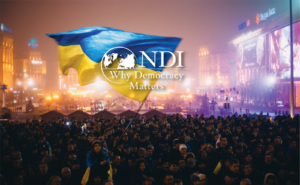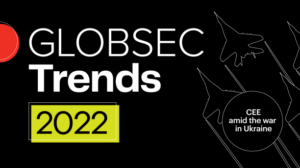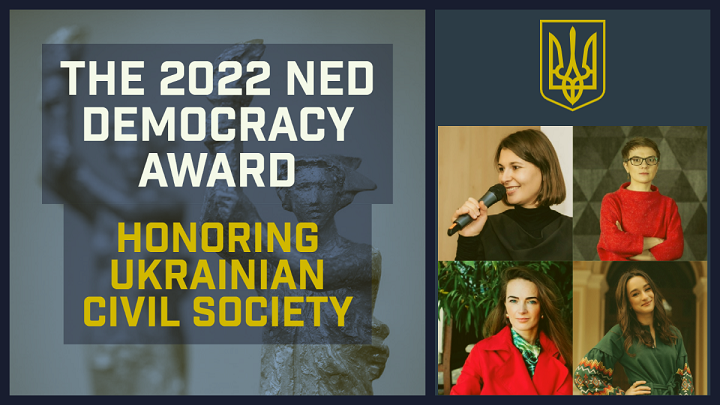
A full-scale Ukrainian military defeat of Russia, including the retaking of Crimea, verges on fantasy and it would be far too optimistic to base either Ukrainian or Western strategy on such an outcome, the German Marshall Fund’s Liana Fix and Catholic University’s Michael Kimmage contend:
Pursuing it would also send the war into a new phase. Having poured billions of dollars into Crimea’s development, a symbol of Russian renewal, Moscow would interpret a Ukrainian offensive in Crimea as an assault on Russian territory, something Moscow would try to prevent by all available means. The hypothesis that Russia’s full-scale defeat would excise the cancer of imperialism from the Russian leadership and body politic rests on a clumsy analogy to Germany’s unconditional surrender in World War II, and stems from a desire not just to end this war but to foreclose the possibility of Russia starting any future war in Europe. It is an intoxicating vision, but one unconnected to reality.
 Ukraine winning small is the more realistic and achievable goal, they write for Foreign Affairs:
Ukraine winning small is the more realistic and achievable goal, they write for Foreign Affairs:
Aiming for that outcome is smarter than dreaming of Russian surrender—but also smarter than floating unformed ideas of a negotiated settlement that might leave Kherson and Mariupol under permanent Russian control, rewarding Putin for his aggression….. Even if he loses the war, Putin will not let go of Ukraine. Nor will he simply sit by as it becomes fully integrated into the West. A Ukrainian victory, then, would require not a relaxation of Western support for Ukraine but an even stronger commitment. RTWT
With NATO’s unity over Ukraine showing cracks, the bloc needs an overhaul, argues Edward Lucas, a nonresident fellow at the Center for European Policy Analysis. For starters, the 30-strong alliance is unwieldy. Worse, the political divides are huge, he writes for Foreign Policy:
Turkey under President Recep Tayyip Erdogan is a semi-authoritarian state that flirts with Russia and fumes at what it considers European meddling over human rights. Hungary under Prime Minister Viktor Orban is taking a different but downward path, fusing wealth and power into a new system of control at home and undermining U.S. and European attempts to put pressure on Russia and China.
 Across Central and Eastern Europe, support for the EU and NATO has increased slightly over the past year, and four out of five CEE respondents now want to be part of Western structures and perceive them as guarantors of security and territorial integrity, according to the report GLOBSEC Trends 2022: CEE amid the war in Ukraine.
Across Central and Eastern Europe, support for the EU and NATO has increased slightly over the past year, and four out of five CEE respondents now want to be part of Western structures and perceive them as guarantors of security and territorial integrity, according to the report GLOBSEC Trends 2022: CEE amid the war in Ukraine.
The report, by Bratislava-based think tank GLOBSEC, a partner of the National Endowment for Democracy (NED), is based on public opinion poll surveys carried out in March 2022 in Bulgaria, Czech Republic, Estonia, Hungary, Latvia, Lithuania, Poland, Romania and Slovakia.
A total of 44% of Central and Eastern Europeans expressed support for their countries adopting a Western geopolitical orientation. The seven percentage points increase across the region measured over the past year marks the largest since the polling began on this question in 2016, the report authors explained. RTWT
The National Endowment for Democracy (NED) this week recognizes the courage and resilience of Ukrainian civil society with its 2022 Democracy Award. On June 8, 2022 in Washington, D.C., NED will honor four partner organizations that are part of a powerful citizen movement to defend Ukraine, as these groups continue their critical work advancing and protecting human rights, demanding accountability, strengthening independent media, and mobilizing support for their country.
Keynote and Panels at 4:00 p.m. EDT. Award Presentation at 6:00 p.m. EDT. RSVP








